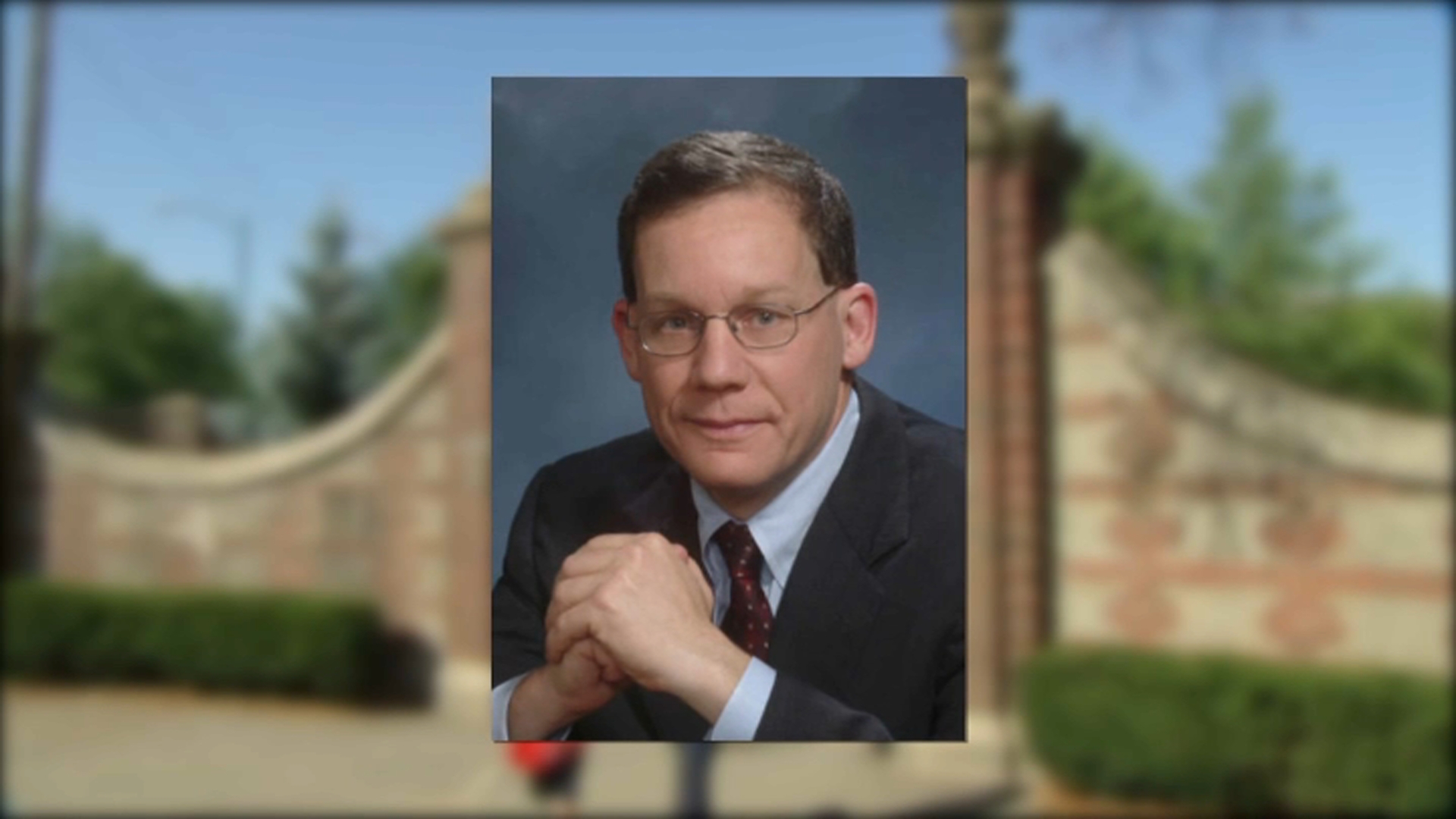
A Harvard University professor charged with hiding his ties to a Chinese-run recruitment program sued the Ivy League school on Friday over its refusal to pay his legal defense costs, accusing it of "turning its back on a dedicated faculty member."
Charles Lieber, who was chair of the department of chemistry and chemical biology, was arrested in January at his office on campus and charged in federal court with lying about his involvement in China's Thousand Talents Plan, a program designed to lure people with knowledge of foreign technology and intellectual property to China.
Lieber's attorney, Marc Mukasey, has promised to mount a vigorous defense and has said that "when justice is done, Charlie's good name will be restored."
The lawsuit says Harvard denied Lieber's request to advance his defense costs, hasn't agreed to reimburse him at all and is demanding that he essentially "prove definitively his innocence to Harvard" before his trial to get financial help.
More on Charles Lieber's Case
"Employees who find themselves accused of wrongdoing rely on their employers' promises to pay their defense costs," the complaint says.
"Instead of following suit, and supporting their long-standing, well-respected employee, Harvard has placed Professor Lieber on administrative leave, publicly denounced him, improperly characterized the charges against him, and permanently and falsely associated him with academic espionage, forever harming his reputation," it said.
A Harvard spokesperson declined to comment on the lawsuit. The university is cooperating with authorities in the criminal case.
The lawsuit accuses Harvard of breach of contract and says the school's failure to follow through will leave Lieber, who was diagnosed years ago with a blood cancer, and his family "impoverished."
"It is disturbing that Harvard acted solely its in own self-interest by turning its back on a dedicated faculty member who suffers from a terminal illness and who is presumed innocent. More importantly, it is illegal," the lawsuit says.
Authorities say Lieber was paid $50,000 a month by the Wuhan University of Technology in China under his Thousand Talents Program contract and awarded more than $1.5 million to establish a research lab at the Chinese university. In exchange, prosecutors say, Lieber agreed to apply for patents and do other work on behalf of the Chinese university.
Authorities say Lieber lied about ties to the program and the Chinese university, telling federal authorities that he was never asked to participate in the Thousand Talents Plan. He's been indicted by a grand jury on two counts of making false statements to authorities — a charge that calls for up to five years in prison if he is convicted.


